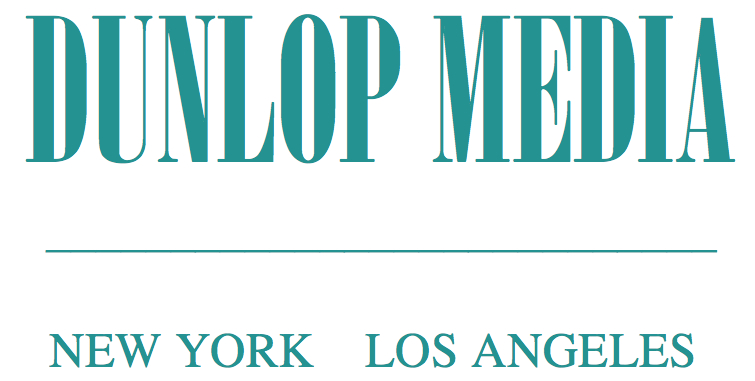Commentary by Steve Dunlop
If you've ever doubted the potential of what we know today as "distance learning" - whether you're watching a streamed lecture from a Yale physicist, or working on your own presentation skills online - pay a visit to Manhattan's landmark Grand Central Terminal. It turned 100 this month. And it holds the key to a very early distance learner you probably haven't heard of: William J. Wilgus.
Or, as I call him here for reasons I will explain momentarily, Upstate Bill.
William J. Wilgus (1865-1949), the unheralded driving force behind Grand Central Terminal.
Upstate Bill is not the first name that's usually associated with the building of Grand Central. That honor has often gone to Whitney Warren, the wealthy, white-shoe Manhattan designer who co-founded the prestigious architectural firm of Warren and Wetmore.
(Wealthy white-shoe Whitney Warren Wetmore William Wilgus. Whoa. See why I opted for "Upstate Bill?")
However you refer to him, Upstate Bill Wilgus had almost nothing in common with any of those other W's.
Whitney Warren was born into the cloistered parlors of 19th century high society New York. Upstate Bill was reared in blue collar Buffalo. Warren's cousins were Vanderbilts. Bill's cousins, if he had any, never mattered to historians.
The highlight of Warren's schooling was the 10 years he spent in study at L'Ecole des Beaux Arts in Paris. Upstate Bill attended Buffalo Central High School, and never went to college. The apex of his education was a course in drafting, which he took via that well-known precursor of the Internet, the US Mail. The class was offered by a small but growing institution, which we know today as the Cornell University College of Architecture.
But that unremarkable mail order course, which Bill took in Buffalo while Whitney Warren was packing for Paris, was about to become critical to the future of New York City.
Railroads were the technology giants of their time, and Bill Wilgus rose rapidly in that field. By the turn of the 20th century, he was chief engineer of the New York Central Railroad. As trains in increasing numbers trundled at street level into the overcrowded, 1869-vintage Grand Central Depot, they left a ubiquitous blanket of cinder and ashes - and, sometimes, human bodies - in their wake.
The rail line acceded to residents along Park Avenue (then known as Fourth Avenue), and lowered the tracks into a vented tunnel between 59th and 96th Streets. But these were steam engines, and visibility in the tunnel was always poor.
On the snowy morning of January 8, 1902, an express train from White Plains missed several signals in the tunnel. It rear-ended another train waiting to enter Grand Central. Fifteen people were killed. Fed up with the growing toll of deaths and injuries, the State of New York promptly moved to ban all steam engines from Manhattan.
Bill Wilgus was the railroad's chief engineer. He had to do something. (Besides, Whitney Warren probably couldn't spare the time - he had just finished building the New York Yacht Club.)
Combining his hands-on experience as an engineer with the drafting skills he acquired in his learn-by-mail course, Wilgus came up with a grand vision - a grand central vision - that the classically trained architects of his time could not see.
Coal and steam would be kicked to the curb. There would be a new terminal with multiple levels below ground, blasted 60 feet into the Manhattan bedrock. Trains would no longer arrive in Gotham spewing dust and soot. Like the new terminal itself, they would be electrically powered, and enter midtown Manhattan cleanly and safely underground. Digging down allowed for a double-deck approach for long distance and suburban trains. It effectively tripled the old depot's capacity.
The project would be outrageously expensive, consuming nearly an entire year of the railroad's revenue. But again, Upstate Bill had an out-of-the-box solution. Once the new underground train yard was covered over, he proposed leasing the space above it to developers. It would become one of the largest single real estate endeavors in US history. He called it "taking wealth from the air." We call it the start of high-rise Manhattan. Upstate Bill's ingenuity led to the creation of buildings that became home to many of today's Whitney Warrens.
There is no record of what a Cornell correspondence course in drafting might have cost Bill Wilgus. But it had to be one of the best investments he ever made. And if he were alive today, there is no question he would dispense with the US Mail. He would be taking that correspondence course online.
And he would have plenty of company. Around the world, as we are seeing every day, millions of Bill Wilguses are now discovering the virtual classroom. Online lectures, MOOC's (massive open online courses) and distance learning will change not just their lives, but the lives of their teachers, their educational institutions, and without a doubt, our lives too.
Is the university world ready? How about the rest of us? And if the first generation of distance learners could give us Grand Central Terminal, what will the next one bring?
###
(For further reading, consult: "Grand Central's Engineer: William J. Wilgus and the Planning of Modern Manhattan," by Kurt C. Schlichting. The Johns Hopkins University Press, 2012.)








